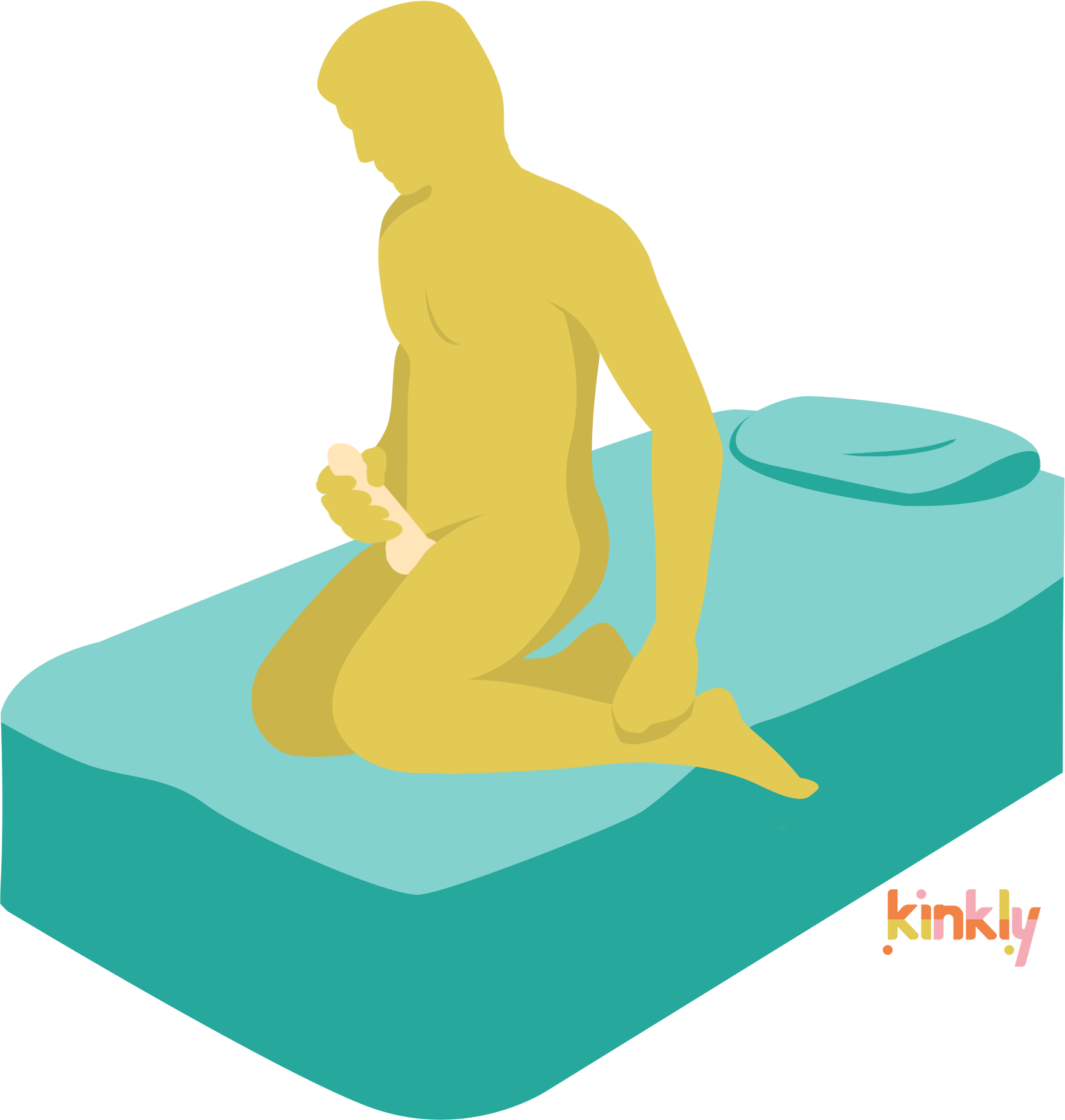Marked is a descriptive term for words or phrases which identify more clearly than other words, known as unmarked words or phrases. The terms marked and unmarked, as they apply to language, were coined by Russian language expert Nikolai Trubetzkoy in 1931.
A word is often marked by adding a suffix or prefix which makes its meaning clearer and more specific. Words may be marked to show their tense, number, or gender identity, for example.
More About Marked
Marked words showing gender are very common. Words such as priest or lion are unmarked. They can be considered gender neutral, because there are male and female priests and male and female lions. The words priest and lion do not tell us whether the priest or lion being discussed is male or female. However, add the suffix -ess to these words and they become priestess and lioness. These words are marked, because they are distinctly female.
It’s worth noting that unmarked words, while gender neutral also tend to be assumed male. If we do not know a priest or a lion’s gender, we think they are probably male, because we assume the writer or speaker would have used the marked form otherwise. Even man was originally a word used to describe all humans, but has come to be used almost exclusively for men. This assumption speaks to the dominance of masculinity and maleness in society.
Unmarked words or phrases are considered “the norm,” while marked words are considered different or other. Phrases can also be marked to show that the gender is different than the one that is expected. For example, while nurse is gender-neutral, over time people have come to expect nurses will be female. Male nurse is a common marked term to show gender. Similarly, the phrases female doctor or male stripper are also common.
As most gender-specific marked words indicate femininity, over time many marked words indicating the female gender, and the people they represent, have come to be thought of as derogatory or inferior to the male versions. For example, governess was originally simply the female form of governor, a person in charge of a place, institution, or population. However, over time the term governess narrowed in scope and came to mean a woman in charge of a single person, often a child. Hostess and stewardess are simply the female forms of host and steward, but over time these words have been fetishized and used to imply sexual promiscuity.
Society has developed to favor more gender-neutral, unmarked terms over time. As many unmarked terms have an assumed male gender, they have also fallen out of fashion and been replaced by new terms. For example, steward was previously considered an unmarked term which could apply to a male or female air attendant. Stewardess was the accepted female equivalent. However, both terms are now considered outdated and flight attendant is more acceptable.


















